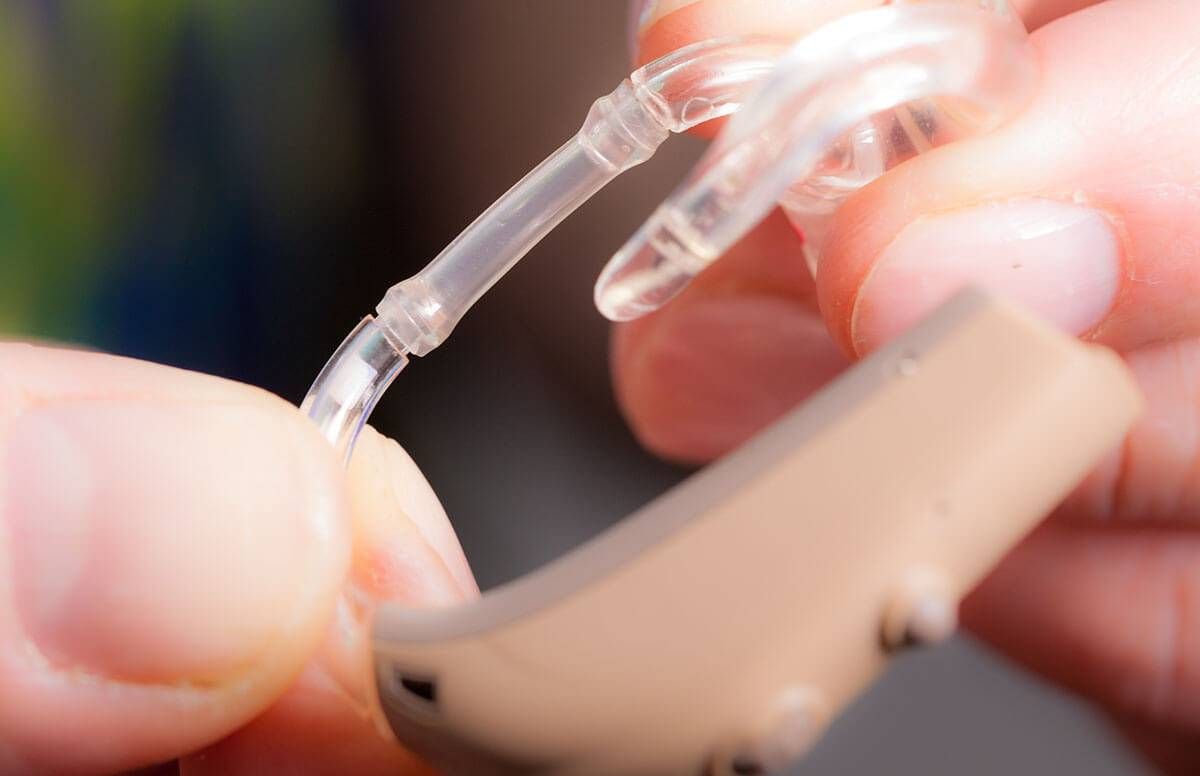Cheaper Hearing Aids Are Likely On the Way
A new law to allow this will soon be signed by President Trump
(A longer version of this article appeared previously in the Boston Globe.)

Breaking through the Senate’s near-constant gridlock, Sen. Elizabeth Warren on Thursday scored a rare bipartisan legislative win. The Senate voted 94 to 1 to pass a broad Food and Drug Administration (FDA) bill that contained a measure written by the Massachusetts Democrat to allow consumers to purchase hearing aids without going through a licensed audiologist or other specialist.
Proponents say it will lower prices, spur innovation and help millions of people with mild to moderate hearing loss obtain devices and improve their lives.
Broad Bipartisan Support
Warren wrote the hearing aid bill with Sen. Chuck Grassley (R-Iowa) and it gained several high-profile GOP co-sponsors in both the House and Senate. The bipartisan support paved the way for Warren’s measure to be attached to the bigger FDA bill on user fees. It was a key accomplishment, since few bills this year have managed to squeeze through the Senate’s partisan logjam.
The bill now heads to President Trump’s desk for an expected signature.
The environment in Washington makes it exceedingly difficult to rack up policy accomplishments, particularly for members of the minority party like Warren. By The Washington Post’s count, the FDA bill was only the eighth to pass the Senate this year in a roll-call vote.
The success of the hearing aid bill is all the more notable because conservative groups kicked up quite a bit of opposition to it, highlighting Warren’s involvement in their attacks. These critics churned out a slew of negative op-eds and letters to lawmakers — even a series of ads targeting Republican supporters for backing Warren’s liberal tactics. A gun owners group was briefly fighting against it, too, before Grassley placated them with a small language tweak.
Warren said she and her colleagues were careful to line up support before industry opponents who stood to lose money caught wind of the bill.
“At the end of the day, the substance was right. It’s a good bill, and that’s what carried it. We were careful with the politics, but everyone could see how it would help millions of Americans, and they got on board,” she said.
“A lot of people are looking forward to enactment of this provision,” said Grassley. “The more products available, the more consumers will be able to find something they can afford that works for them.”
Hearing Aids: Too Costly for Most Who Need Them
As few as one in seven of the 30 million Americans suffering from hearing loss get hearing aids, and a major reason they don’t is the high cost of the devices, experts say. The average cost of a single hearing aid is $2,300. Most people need two.
Supporters of Warren’s bill say it could unleash competition, spur innovation to make better devices and put hearing aids that cost a few hundred dollars on the shelves.
“For years, our number one request has been from people who want hearing aids but can’t afford them,” said Barbara Kelley, executive director of the Hearing Loss Association of America, a leading advocacy group.
The hearing aid bill was criticized by the “big six’’ legacy hearing aid manufacturers, who currently have a lock on the market, as well as by a prominent group of audiologists. Under current law, consumers in most states can buy hearing aids only from certified audiologists — professionals trained to test and treat hearing problems — or licensed hearing aid dispensers.
'It Changed My Life'
Lesley Watts of Cambridge, Mass., was among those cheering passage of the hearing aid bill Thursday. Watts, who has suffered from moderate hearing loss since childhood, didn’t get hearing aids until she was 47, in part because of the cost.
“It changed my life when I finally got hearing aids,” Watts said in an interview with the Globe. “If you hurt yourself, you hurt your ankle or you hurt your wrist, you go to CVS, you get an ice pack and a brace, and you treat yourself, and if it doesn’t get better you go to the doctor. At least you get some immediate help. But hearing aids, the access has been so tightly controlled, people can’t help themselves.”

